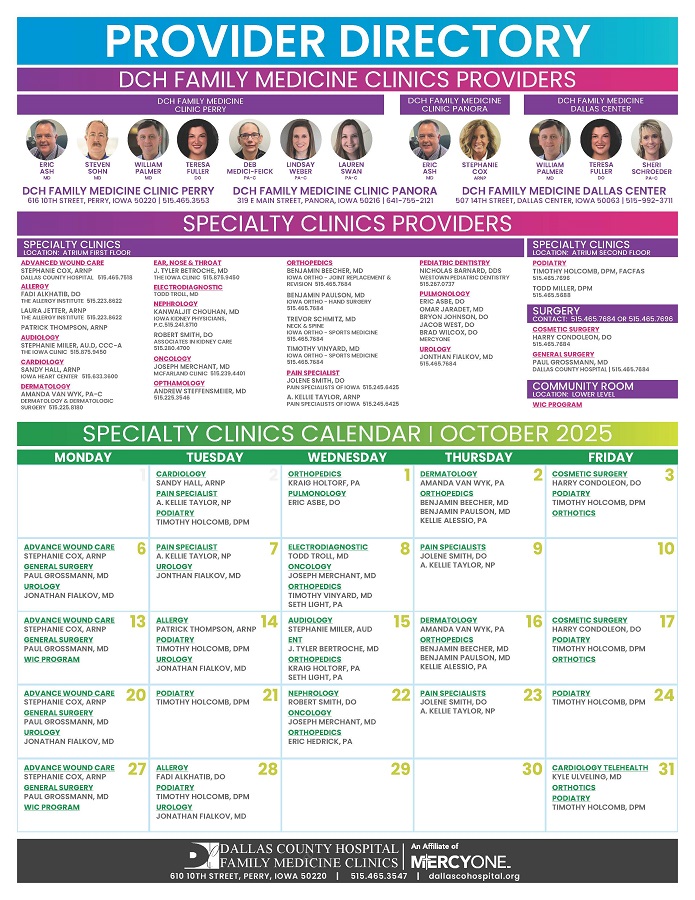The departments of the Dallas County government, following guidance of the Dallas County Public Health Department, announced Wednesday steps they have taken to limit person-to-person contact within county offices.
Many county services have been impacted by the response to the COVID-19 coronavirus, with some public services temporarily suspended within county offices in order to ensure the safety of our residents and county employees.
A department-by-department guide to restrictions and limitations is available on the county’s website. Virtually all offices have closed to public access and are serving residents by means of telephone, email, online or drop-box only.
The Dallas County Jail is putting new inmates through a COVID-19 screening, including body temperature. On-site inmate visitations are restricted until further notice. Family and friends are encouraged to register an account for remote off-site video visitation and email correspondence during the virus emergency. AA, NA and religion classes for inmates have been cancelled until further notice, with phone-based substitutions planned.
Public fingerprinting is suspended. Weapon permits and renewals will only be processed online and will not be issued in person.
The Heart of Iowa Community Services Region, including the Dallas County General Assistance Department, is available almost exclusively by phone or email until April 1. The mental health region offered the following advice to anxious clients:
We understand this is a new situation for everyone and many people are worried and experiencing stress. We encourage you to take a moment to read and reach out if you need help.
If you, or someone you care about, are feeling overwhelmed with emotions like sadness, depression or anxiety or feel like you want to harm yourself or others, call:
- 911 – Be clear with the dispatcher that the situation is a mental health crisis and you need the Mobile Response Crisis Team to assist.
- Your Life Iowa Crisis Line CALL: (844) 428-3878 TEXT: (855) 895-8398
The outbreak of coronavirus disease 2019 (COVID-19) may be stressful for people. Fear and anxiety about a disease can be overwhelming and cause strong emotions in adults and children. Coping with stress will make you, the people you care about, and your community stronger.
Everyone reacts differently to stressful situations. How you respond to the outbreak can depend on your background, the things that make you different from other people, and the community you live in.
People who may respond more strongly to the stress of a crisis include:
- Older people and people with chronic diseases who are at higher risk for COVID-19
- Children and teens
- People who are helping with the response to COVID-19, like doctors and other health care providers, or first responders
- People who have mental health conditions including problems with substance use
Stress during an infectious disease outbreak can include
- Fear and worry about your own health and the health of your loved ones
- Changes in sleep or eating patterns
- Difficulty sleeping or concentrating
- Worsening of chronic health problems
- Increased use of alcohol, tobacco, or other drugs
People with preexisting mental health conditions should continue with their treatment and be aware of new or worsening symptoms. Additional information can be found at the Substance Abuse and Mental Health Services Administration website.
Taking care of yourself, your friends, and your family can help you cope with stress. Helping others cope with their stress can also make your community stronger.
Things you can do to support yourself
- Take breaks from watching, reading, or listening to news stories, including social media. Hearing about the pandemic repeatedly can be upsetting.
- Take care of your body. Take deep breaths, stretch, or meditate. Try to eat healthy, well-balanced meals, exercise regularly, get plenty of sleep, and avoid alcohol and drugs.
- Make time to unwind. Try to do some other activities you enjoy.
- Connect with others. Talk with people you trust about your concerns and how you are feeling.
Call your healthcare provider if stress gets in the way of your daily activities for several days in a row.
Reduce stress in yourself and others
Sharing the facts about COVID-19 and understanding the actual risk to yourself and people you care about can make an outbreak less stressful..
When you share accurate information about COVID-19 you can help make people feel less stressed and allow you to connect with them.
Learn more about taking care of your emotional health.
For parents
Children and teens react, in part, on what they see from the adults around them. When parents and caregivers deal with the COVID-19 calmly and confidently, they can provide the best support for their children. Parents can be more reassuring to others around them, especially children, if they are better prepared.
Not all children and teens respond to stress in the same way. Some common changes to watch for include
- Excessive crying or irritation in younger children
- Returning to behaviors they have outgrown (for example, toileting accidents or bedwetting)
- Excessive worry or sadness
- Unhealthy eating or sleeping habits
- Irritability and “acting out” behaviors in teens
- Poor school performance or avoiding school
- Difficulty with attention and concentration
- Avoidance of activities enjoyed in the past
- Unexplained headaches or body pain
- Use of alcohol, tobacco, or other drugs
There are many things you can do to support your child
- Take time to talk with your child or teen about the COVID-19 outbreak. Answer questions and share facts about COVID-19 in a way that your child or teen can understand.
- Reassure your child or teen that they are safe. Let them know it is ok if they feel upset. Share with them how you deal with your own stress so that they can learn how to cope from you.
- Limit your family’s exposure to news coverage of the event, including social media. Children may misinterpret what they hear and can be frightened about something they do not understand.
- Try to keep up with regular routines. If schools are closed, create a schedule for learning activities and relaxing or fun activities.
- Be a role model. Take breaks, get plenty of sleep, exercise, and eat well. Connect with your friends and family members.
Learn more about helping children cope.

















